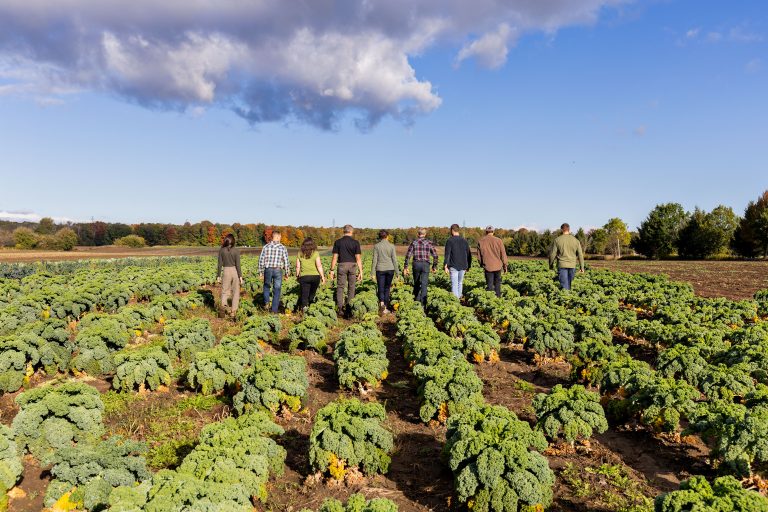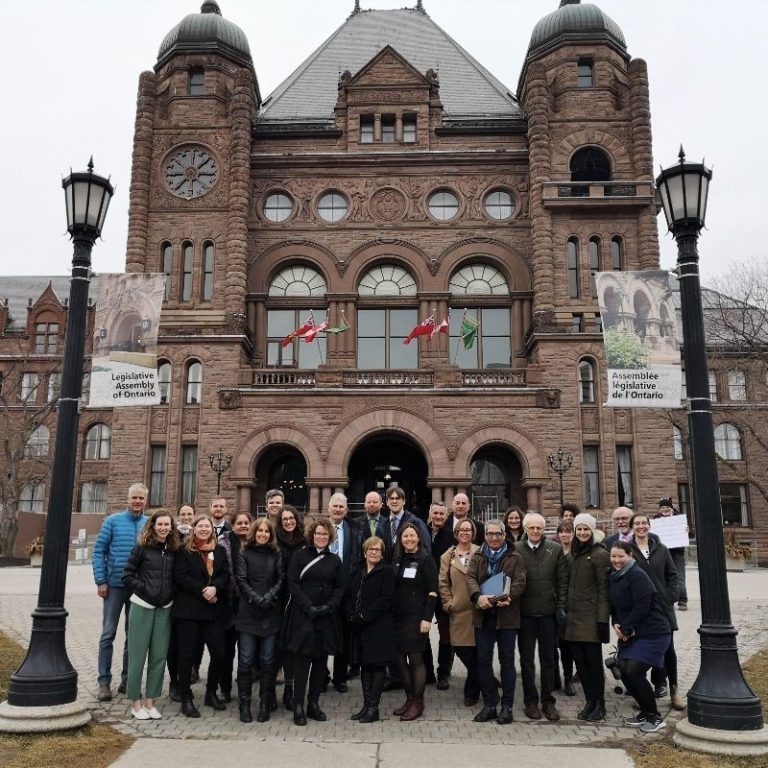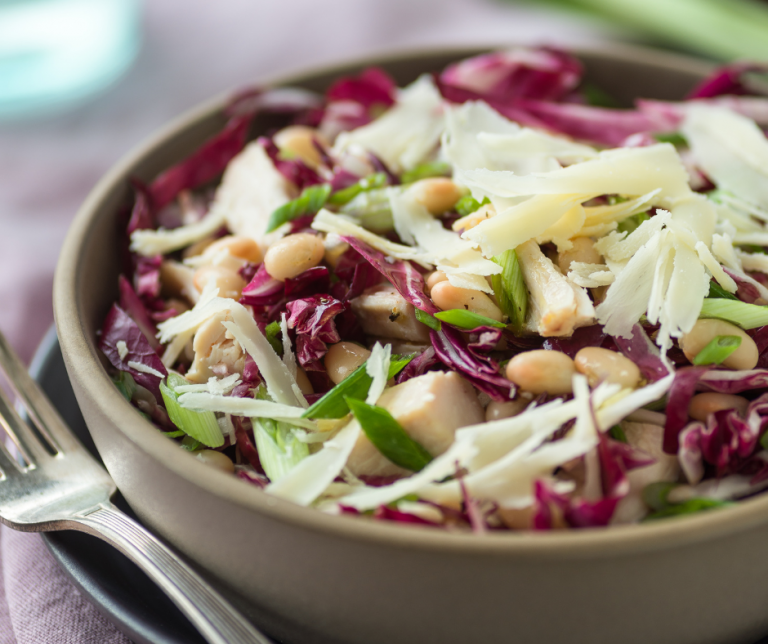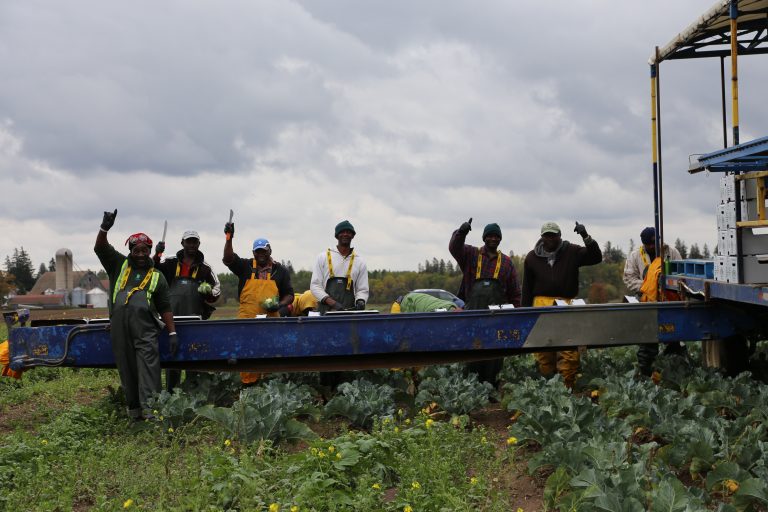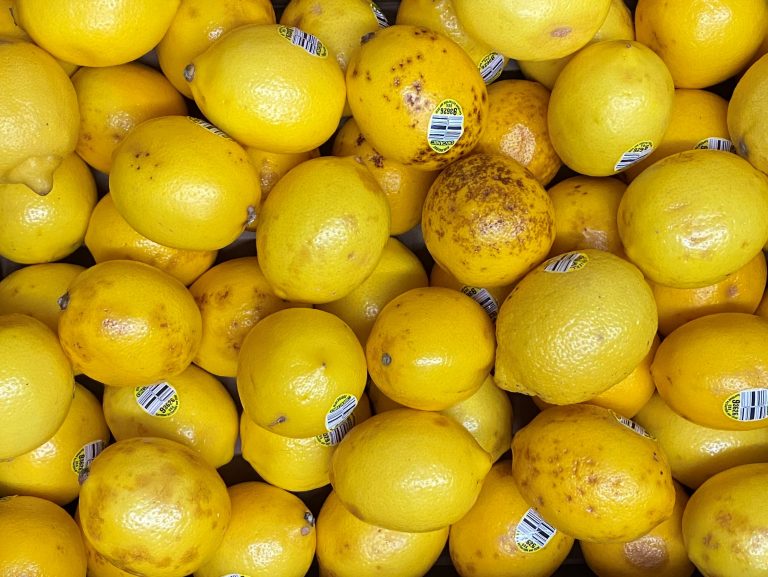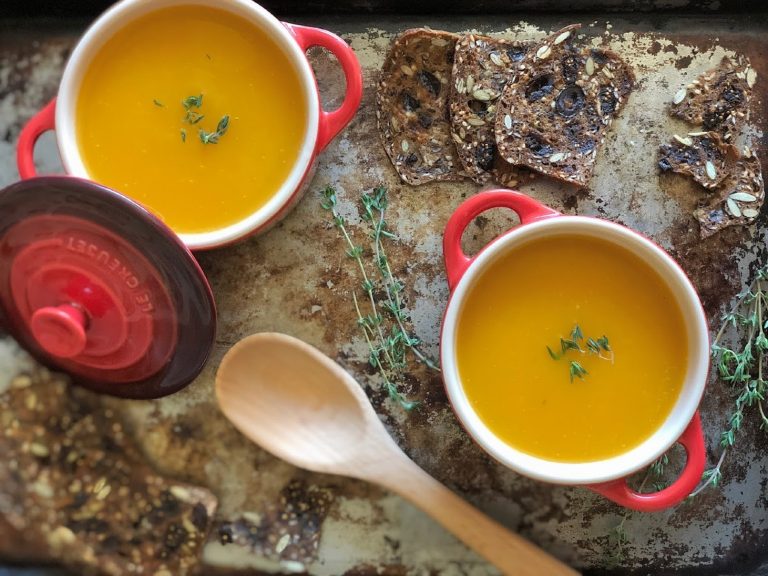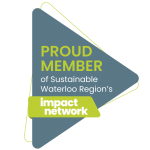Fairtrade is a term we are all familiar with – but what does it actually mean?
Put simply, Fairtrade is “a model of trade that ensures better prices, decent working conditions, no child labour, sound environmental practices, and strong business relationships.”
Fair pay for hard work, safe working conditions, protection for children and the environment – it is easy to take these things for granted. Sadly, for so many all over the world, these things are not guaranteed.
The power of choice: When you choose products that are certified Fairtrade, you choose to make a difference. For growers and workers who operate under the Fairtrade standards, that difference can be staggering.
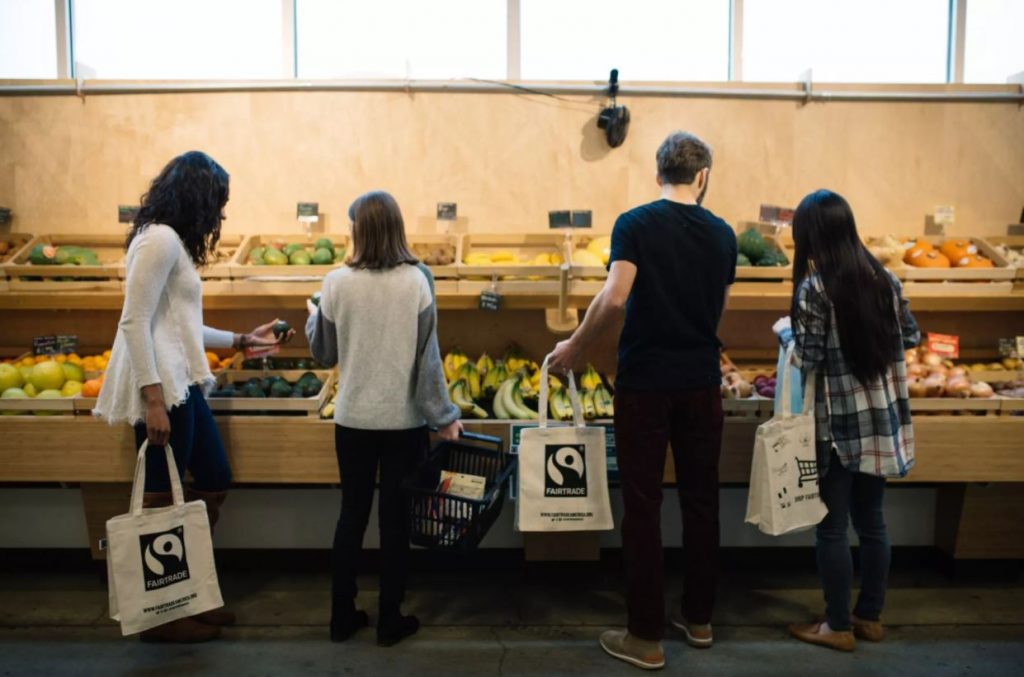
For farmers and workers, a fair price is paid for the crops they grow. They also receive a Fairtrade premium – this is a bit extra on top of the selling price. This money goes to community improvements, and how this money is used is decided democratically. The improvements chosen are based on what an individual community needs. Examples include wells, hospitals, vaccination programs, and farm equipment. Child labour is prohibited under the Fairtrade standards, as is discrimination. Advance credit ahead of harvest is accessible. All of this makes planning for the future much more secure, and this strengthens relationships with buyers. Safety, security and opportunities are increased for individuals as well as families.

There are many Fairtrade certified products available, including chocolate and coffee. Bananas are an item near and dear to us, as we are in the produce distribution business. Our top choice for this popular fruit is Equifruit brand. “The only banana you should buy!” They are a Fairtrade certified Canadian business, 100% women owned, and their high ethical standards are well-known. We have been proudly distributing organic Equifruit bananas for many years!
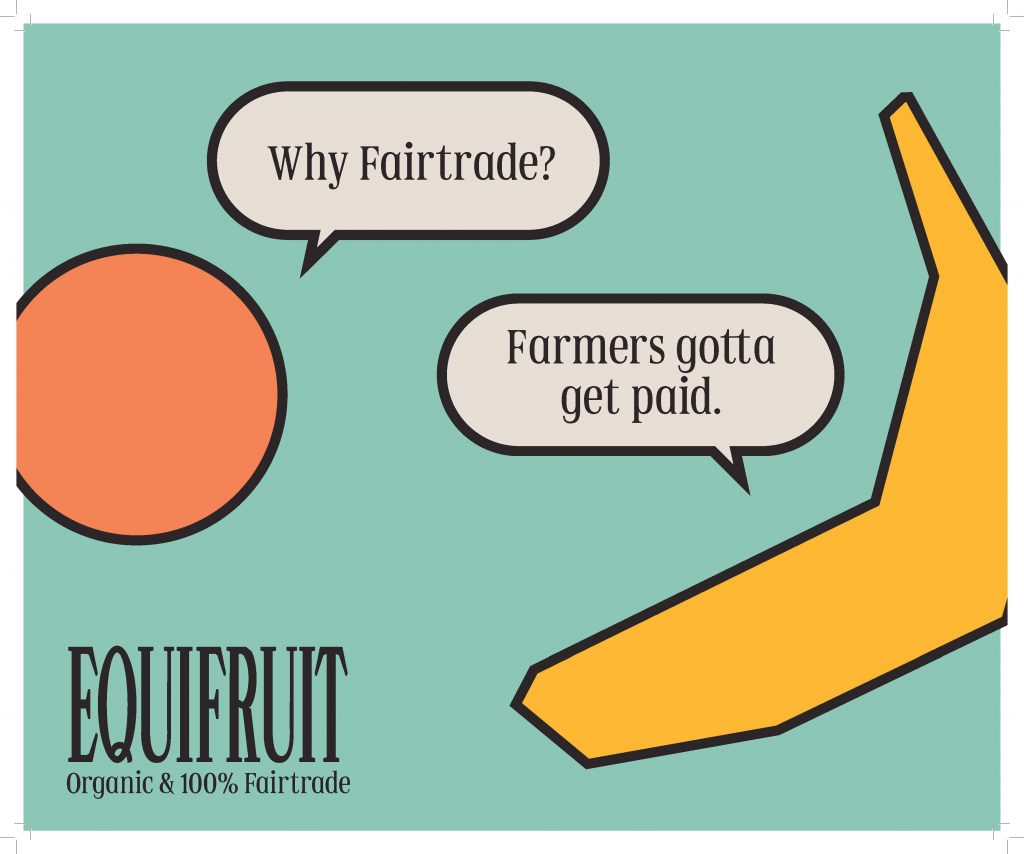
To the average consumer, bananas are a nutritious, tasty and cheap food; but have you ever wondered why bananas come so cheap? Food for thought – first they have to be grown and tended, then when they are mature enough, banded and boxed up, then shipped. Many workers are needed to get these jobs done in a timely way – and time is of the essence when dealing with any fresh produce item, but bananas in particular. Getting them to their destinations at the correct stage of ripeness takes a lot of knowledge and coordination. Then bananas are sold at less than $1 per pound at the grocery store. The math doesn’t quite work, does it? (Jennie Coleman takes an in depth look in this podcast. For further reading, look here for an incredibly detailed look at the costs of banana production.)
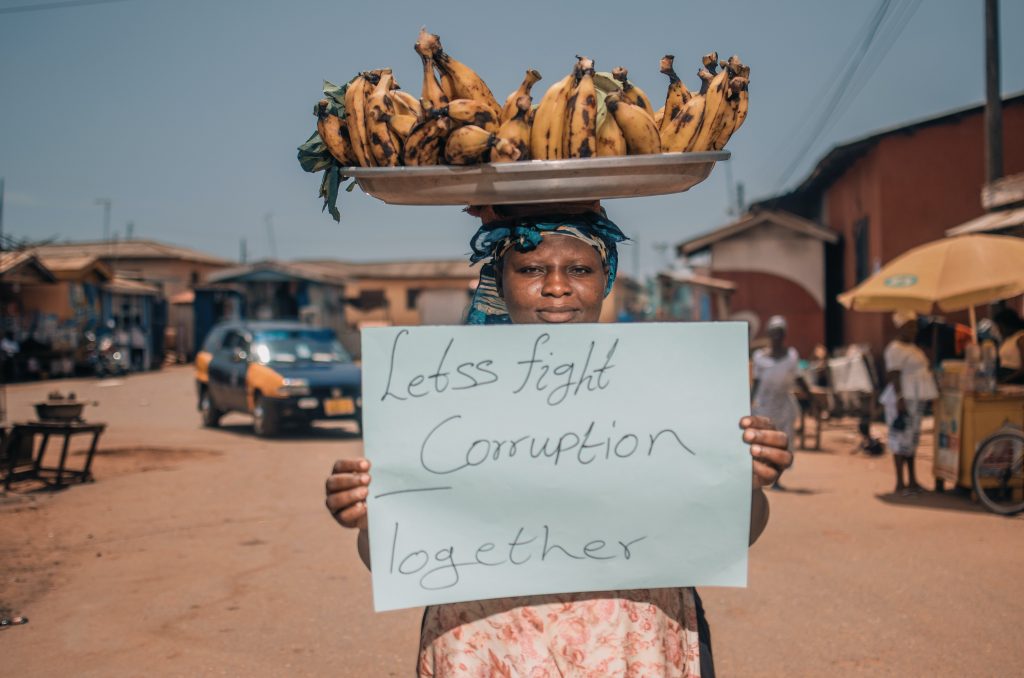
The banana industry has a dark history, involving exploitation of the land and workers, and even war. The cheap prices for consumers mean exploitation further down the line. It’s the workers and growers, including children, who ultimately pay the price. Most consumers are unaware of this – this has been going on for so long that cheap prices on bananas are expected, even demanded. This puts pressure on the industry as a whole.
At the grocery level, bananas are typically used as a “loss leader.” Stores don’t expect to make much margin (if any), but everyone has to have them. At the distribution level, this holds true as well: constant demand for product, slim margin (if any) to be made.
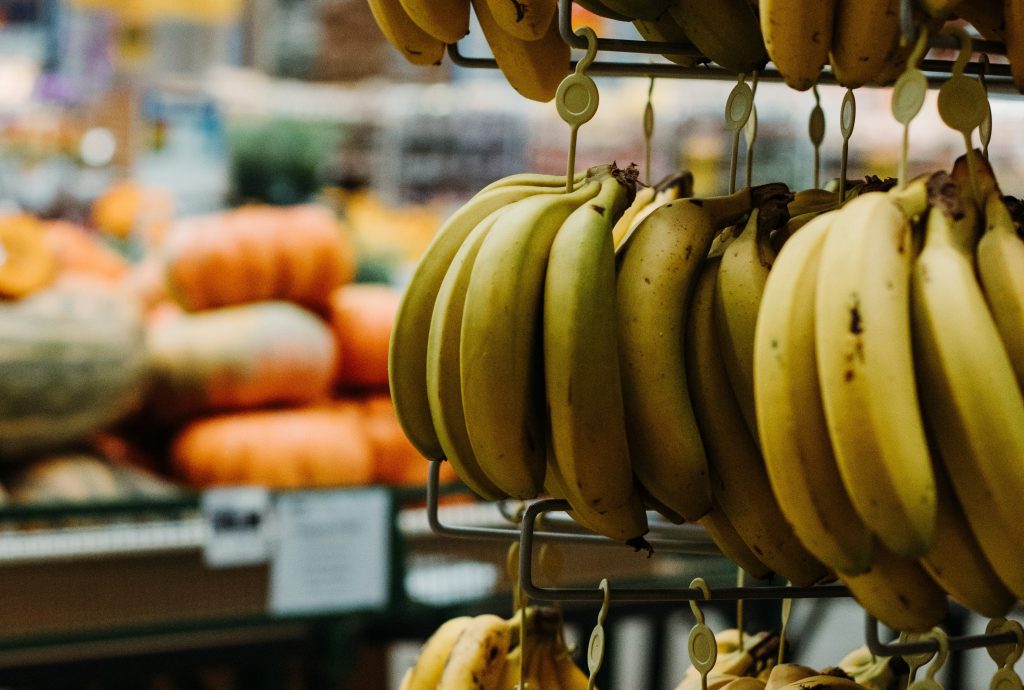
At the production level, it gets much darker. Desperately poor workers with no security or benefits, grueling work days, and labour rights infringements (including child labour). Working conditions that mean excessive exposure to harmful agrochemicals with no protective equipment, resulting in illness. “Vast quantities of pesticides, herbicides, fungicides, and synthetic fertilizers are required to maintain a banana monoculture. “Most plantation owners will spend more money on agrochemicals than on paying their workers.”[15] These are usually applied by aerial application or crop dusting—spraying agrochemicals from an aircraft. It is estimated that only 15% of these agrochemicals actually land on the crop, while the other 85% lands on the workers, their homes, and their food.[15] This process poses a threat to workers, who may lack proper safety equipment, and the surrounding environment.” Attempts to unite and fight for better conditions have been met with violent resistance, sometimes from the military.
The environmental destruction is also great. Clear-cutting primary tracts of rainforest to make way for banana monoculture disrupts the existing ecosystems, and widespread agrochemical use in conventional bananas also takes a toll on the environment, including the water supply and the animals that live there.
It doesn’t have to be like this. We can choose a better way.
This is why looking for the Fairtrade certification is so important. When you see that Fairtrade symbol, you know that all the way back to the farm workers in a far-off tropical place, people are being treated fairly and communities are thriving. What amounts to just a few extra dollars on your monthly groceries, will take individuals and communities from poverty to security. This makes all the difference in the world. Can’t say fairer than that!
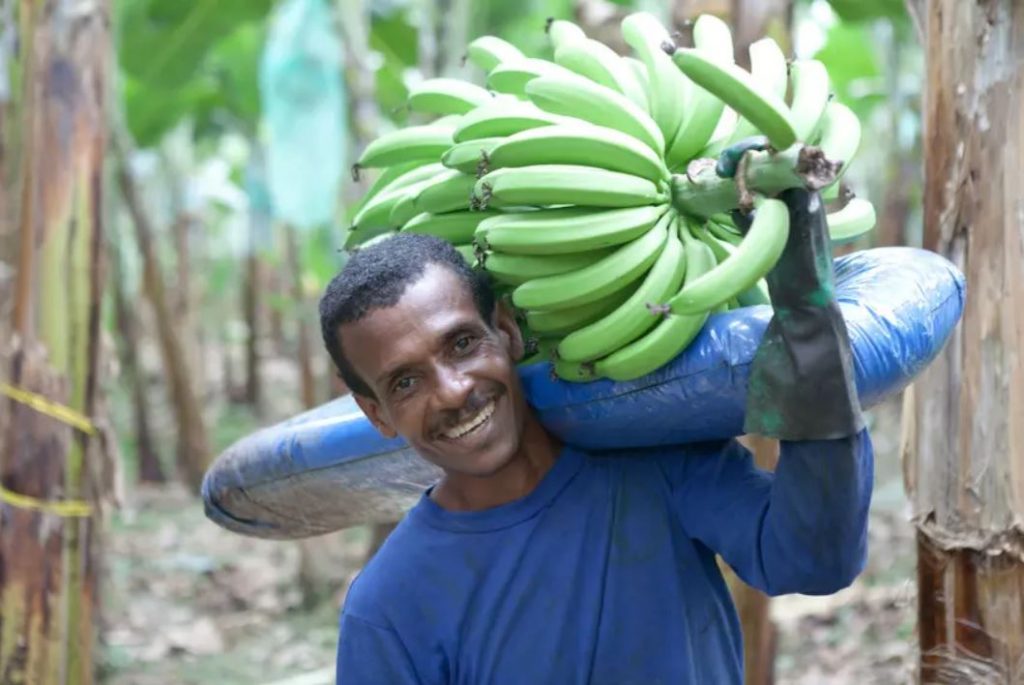
Sources:
- https://fairtrade.ca/what-is-fairtrade/
- https://www.fairtrade.net/about/how-fairtrade-works
- https://equifruit.com/en/
- https://foodispower.org/our-food-choices/bananas/
- https://maxhavelaar-uploads.s3.amazonaws.com/uploads/download_item_file/file/151/170224_Research_Report_External_Cost_of_Bananas_-_final.pdf
- https://www.therighteouscapitalists.com/podcastepisodes/ep032jenniecolemanequifruit?fbclid=IwAR2RgeNRDKSYKcJmpr5HTffYoZzV6-A8eqwk1W5_v1DPdAoweXa5aTMbYpo
- https://behindthepeel.com/unpeeling-the-facts/
- https://vimeo.com/490910381?mc_cid=b4b44baa00&mc_eid=37fdc60b73
- http://www.fruitnet.com/eurofruit/article/185004/banana-prices-must-include-real-costs
- https://markets.businessinsider.com/news/stocks/often-a-loss-leader-bananas-show-potential-as-impact-driver-for-retailers-globescan-finds-1002028529
- https://thecounter.org/bananas-are-getting-cheaper-that-low-price-comes-with-hidden-costs/


